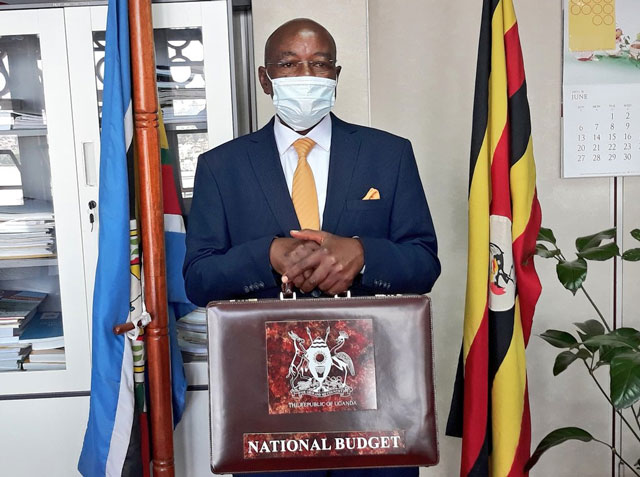The 3rd 2019 Absa Africa Financial markets index has ranked Uganda 10th out 20 African markets in as far as competiveness and attraction of foreign investors is concerned.
Uganda scored 52% with the main driver being access to foreign exchange at 71%. South Africa scored highest with 100%, retaining their number one position from 2018 index driven by the market depth compared to Uganda’s 45% in the same area.
The 20 economies surveyed were: Angola, Botswana, Cameroon, Egypt, Ethiopia, Ghana, Ivory Coast, Kenya, Mauritius, Morocco, Mozambique, Namibia, Nigeria, Rwanda, Senegal, Seychelles, South Africa, Tanzania, Uganda and Zambia.
The Absa Africa Financial Markets Index records the openness to foreign investment of countries across the continent. The index is a premier indicator of the attractiveness of Africa’s capital markets for use by policy-makers, investors and asset managers around the world.
The index provides a toolkit for countries wishing to build financial infrastructure by tracking progress annually across six pillars: market depth; access to foreign exchange; tax and regulatory environment and market transparency; capacity of local investors; macroeconomic opportunity; and enforceability of financial contracts, collateral positions and insolvency frameworks.
During the Absa economic outlook forum and presentation of the Absa Africa Financial Markets 2019 held at Serena hotel on Tuesday 28th January 2020, Absa Uganda Managing Director, Nazim Mahmoo said that the financial market index can be used by African countries to find out the solutions to improve in various areas in the financial markets through making the index a safe haven.
He said that as Absa, they are convinced that deepening financial markets can improve Africa’s growth through opening debate on improving in areas highlighted by the index.
“The Absa Africa financial market index 2019 opens constructive debate on the need to find solutions that can improve performance and to make the index as a safe haven. What it means for Uganda as users, we need to bench mark in those areas like creating a more favourable environment for local and foreign investors,” he said
The Chief Economist at Absa Group, Jeff Gable (pictured), said that out of 20 countries surveyed including Uganda, there is need to create more policies aimed at encouraging local participants in the financial markets to ensure that more liquidity is realised.
“The more types of investors in the financial markets, the more liquidity we can accumulate and the capacity of local investors. We want policies that encourage local participation,” he said.
The Chairman, Official Monitory and Financial Institutions Forum (OMFIF) David Marsh, said that there is improvement in African capital markets, but that there need to improve the market infrastructure and regulatory framework.
“…more remains to be done regarding the robustness of market infrastructure and regulatory frameworks across Africa and we look forward to tracking progress,” he said.
Dr. Tumubweine Twinemanzi, the Executive Director Banking Supervision at Bank of Uganda said although the financial sector in Uganda is sound and safe, there is need to address the issues raised in the index.
By Drake Nyamugabwa





